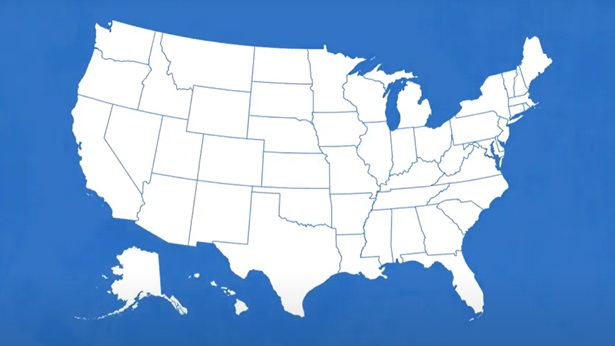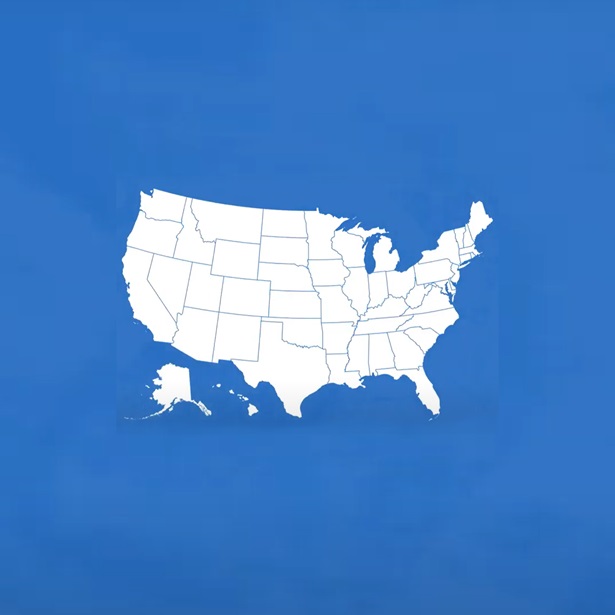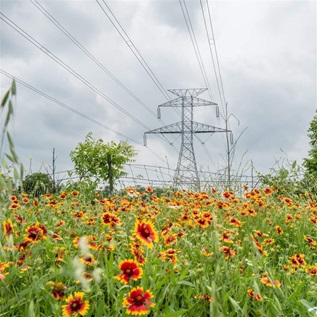State Fiscal Debates to Watch in 2024: Substantial Budget Shortfalls
At least 7 states report deficits as fiscal conditions tighten

This article is the second in a series about public finance issues that are likely to capture the attention of lawmakers this year.
After two straight years of double-digit tax revenue growth, states curbed their expectations for fiscal year 2024—and some are still coming up short. At least seven states are reporting deficits in the current or upcoming fiscal year, including a record $58 billion shortfall through fiscal 2025 in California. Budget analysts in Sacramento cite declining home sales and reduced business investment, due in part to higher interest rates, while Governor Gavin Newsom’s (D) office projects a smaller deficit and attributes it mainly to delayed income tax collections that made accurate revenue forecasting difficult.
Elsewhere, lawmakers will have to grapple with the effects of increased costs, tax cuts, or both. For example, in response to a federal judicial order, Arizona plans at least a one-third increase in prison medical spending, even as lawmakers deal with a projected state budget deficit of more than $400 million. Analysts attribute most of the shortfall to a larger-than-expected drop in income tax revenue after a major tax cut went into effect in 2023. And Maryland is struggling with increased costs from a major school funding law and the expansion of its Earned Income Tax Credit while its structural budget shortfall is projected to widen to $2.2 billion by fiscal 2028. A recent report by the state comptroller notes that Maryland’s slowing economic growth and related budget problems predate the pandemic—a signal that lawmakers may have to adopt both revenue-raising and cost-cutting measures to resolve the structural imbalance.
Other states contending with deficits include Alaska, Illinois, Massachusetts, and New York. In Minnesota, budget forecasters have warned that the state is on track to face a shortfall beginning in 2026.
Thanks to record reserves in rainy day funds, many states are well prepared to weather a revenue slowdown. Alaska Governor Mike Dunleavy (R), for example, has proposed using savings to cover the state’s nearly $1 billion deficit. Still, most states are likely to rely on a mix of rainy day savings, revenue-raising measures, and spending cuts. Debates are already heating up among stakeholders and policymakers who advocate for higher taxes on the wealthy and those who want to curb government spending. In New York, progressive lawmakers are pushing for several new or higher taxes on the wealthy and on corporations even as Governor Kathy Hochul (D) has vowed not to raise income taxes this session.
Tighter fiscal conditions could also affect recruitment in understaffed areas such as public safety and health because policymakers may be less able to offer bonuses and raise wages. Budget-management tactics such as hiring or salary freezes may require a more nuanced approach. For example, the Virginia Department of Corrections is imposing a 90-day hiring freeze as part of its response to a budget shortfall, but exempting prison guards. The department previously used signing bonuses, overtime pay, and retention bonuses to reduce its 33% vacancy rate for corrections officers and senior corrections officials. As of December 2023, 1 in 4 positions were still vacant.
Liz Farmer works on The Pew Charitable Trusts’ state fiscal policy project.
Spotlight on Mental Health
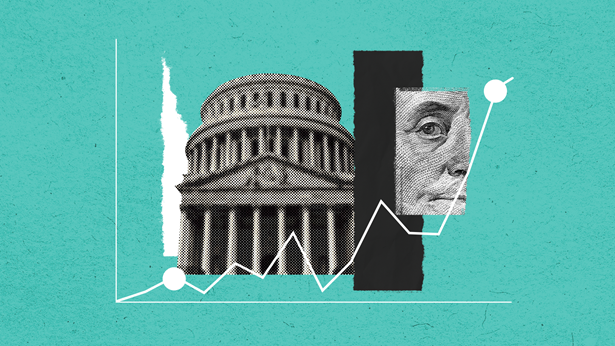
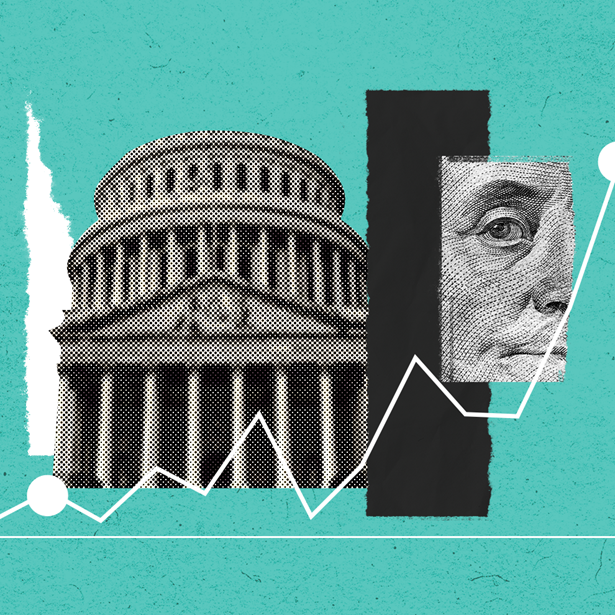
State Budget Problems Spread
